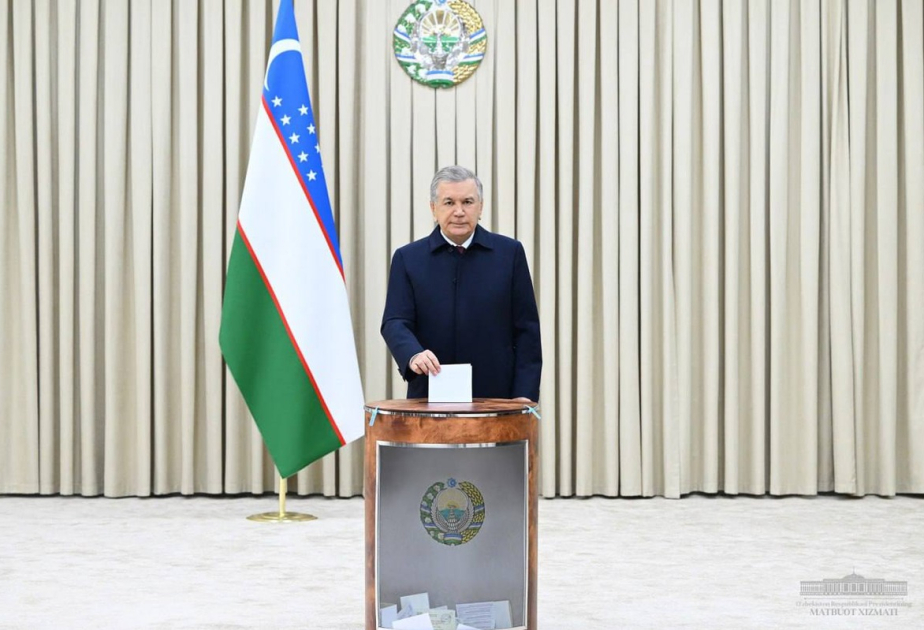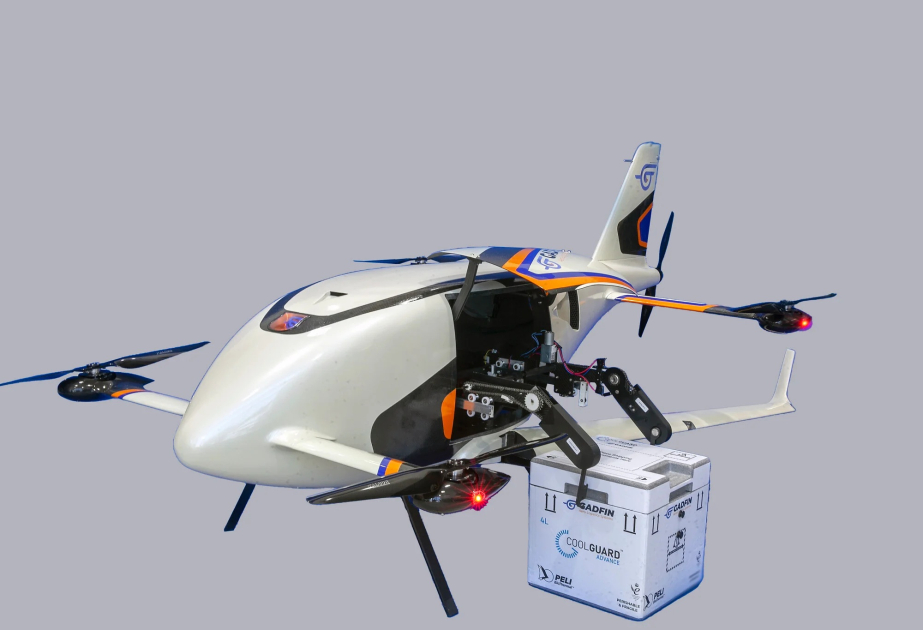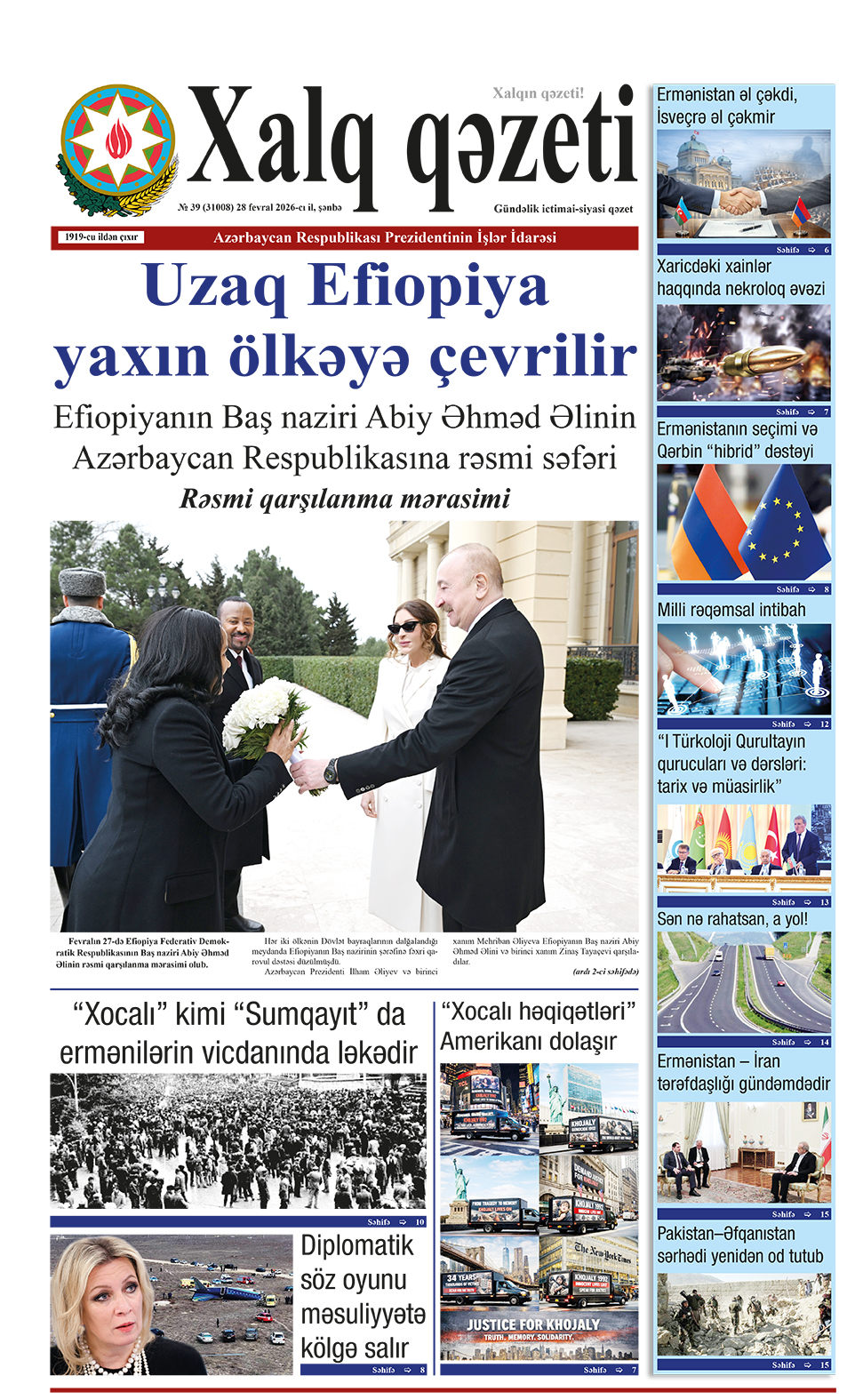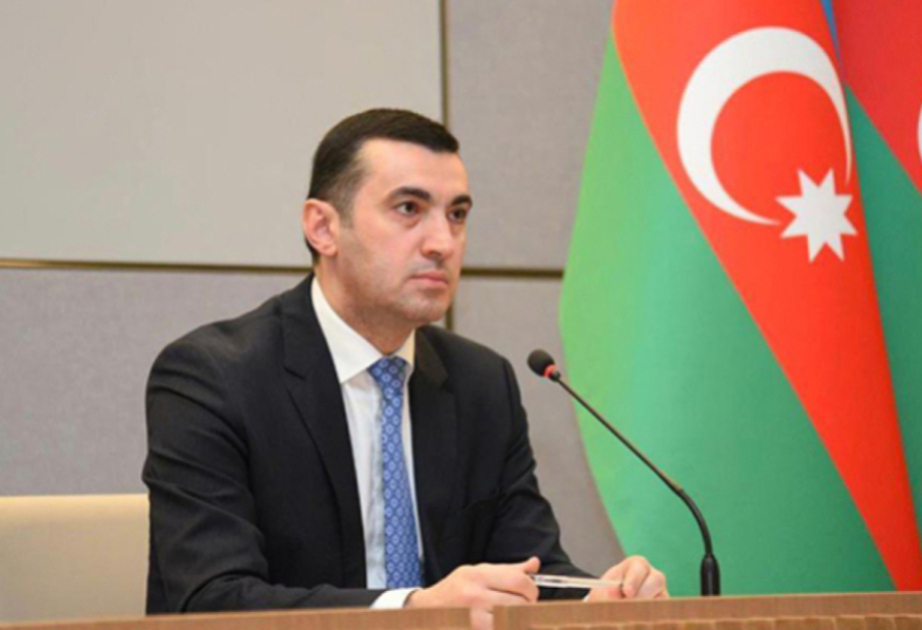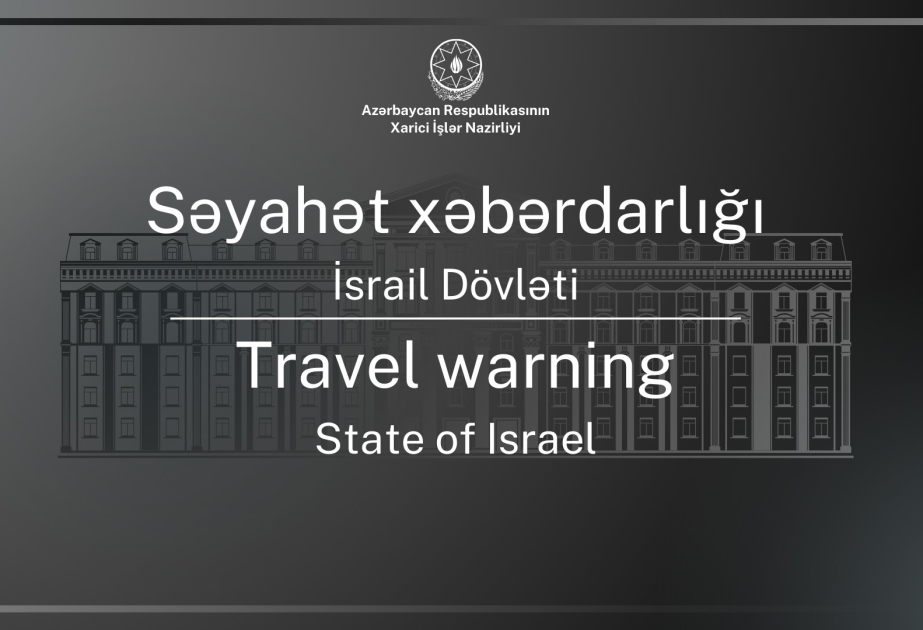Today, elections to the Legislative Chamber of the Oliy Majlis and the Councils of People’s Deputies are taking place in Uzbekistan, the country's National News Agency (UzA) reported.
President of the Republic of Uzbekistan Shavkat Mirziyoyev visited polling station No. 59 in Mirzo Ulugbek district of Tashkent city with his family members and voted.
Article 128 of the country’s Constitution states that citizens have the right to elect and be elected to representative bodies of state authority. The right to vote, equality, and freedom of expression are guaranteed by law.
Five parties are participating in the elections: the Movement of Entrepreneurs and Businesspeople – the Liberal Democratic Party of Uzbekistan, the Democratic Party “Milliy Tiklanish”, the Ecological Party, the People’s Democratic Party and the Social Democratic Party “Adolat”.
This important event is taking place in the context of increased socio-political activity in the country, under the slogan “My choice is a prosperous Motherland”.
For the first time in Uzbekistan’s history, elections to the Legislative Chamber of the Oliy Majlis are held based on the majoritarian-proportional, that is, mixed electoral system. 75 deputies are elected directly by the majoritarian system, that is, by voters voting for their preferred candidates, and the remaining 75 by the proportional system, when votes are cast for political parties.
Over the past period, electoral legislation has been radically improved in accordance with advanced democratic standards. In particular, a new system of electoral bodies headed by the Central Electoral Commission has been introduced. To increase the role of women in society, it has been established that the share of women among candidates for deputies from political parties should be at least 40 percent.
Another notable aspect of the current elections was that the interaction of participants in the process was digitalized entirely through the “E-Saylov” information system.
This information system has raised the openness of elections to a higher level.
All polling stations have created the conditions for voters stipulated by law. 5,770 district and 11,028 precinct election commissions have been organized locally, including 57 polling stations in 40 foreign countries.
More than 850 foreign and international observers are participating in the election process observation as part of the missions of the CIS, SCO, and Organization of Turkic States, as well as a full-scale mission of the OSCE Office for Democratic Institutions and Human Rights.
The head of state talked to citizens who came to the polling station. He expressed gratitude to them for their active participation in the elections with a sense of involvement in the fate of their native country and district.


